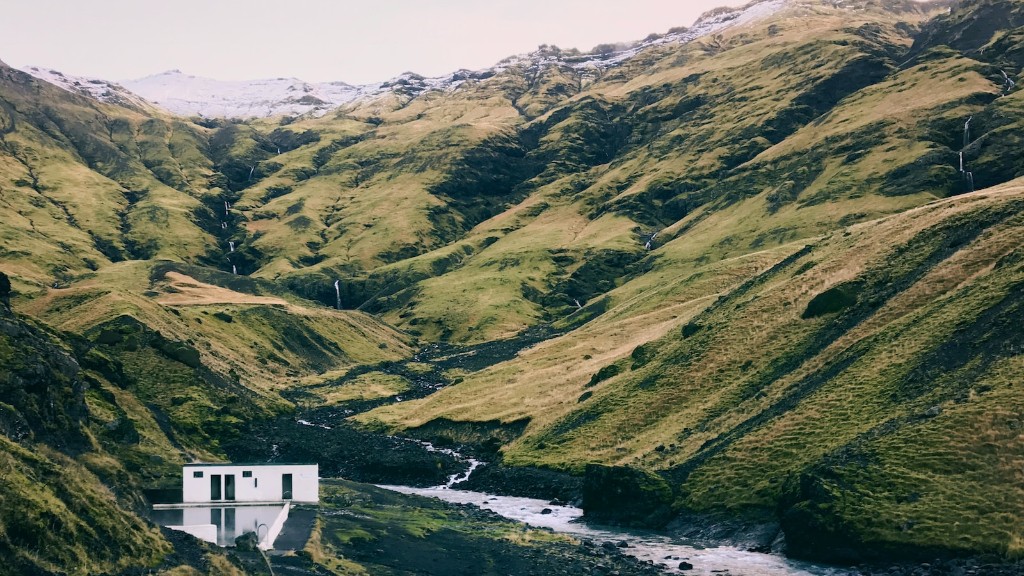Reykjavik Iceland Continent
Reykjavik, the capital city of Iceland, is a vibrant and unique destination located on the stunning island nation in the North Atlantic Ocean. This small but fascinating city is nestled on the southwestern coast of Iceland and offers an incredible blend of natural wonders, rich culture, and cosmopolitan charms.
Background Information:
Reykjavik is the most populous city in Iceland, with a population of around 130,000 people. It is also the economic and political center of the country. Despite being located on Iceland, the city is not considered part of any continent. Instead, Iceland itself is often classified as an island on its own, located between North America and Europe. This unique geographical location contributes to the city’s distinct character and appeal.
Relevant Data:
- Iceland is the least populated country in Europe
- The Icelandic language has changed very little over the centuries, making Icelandic literature some of the oldest in Europe
- Reykjavik is considered one of the safest cities in the world
- Iceland is known for its breathtaking landscapes, including glaciers, geysers, and waterfalls
- The city experiences long daylight hours during the summer and darkness for most of the day during the winter
Expert Perspectives:
According to geographer Dr. Anna Jóna Jónsdóttir, “Reykjavik offers a unique experience for visitors, where they can explore the stunning natural landscapes of Iceland, such as the famous Golden Circle, and also indulge in the city’s vibrant art scene, museums, and thriving nightlife.”
Insights and Analysis:
Reykjavik’s location on the boundary between two continents, North America and Europe, not only makes it a fascinating destination but also offers an interesting perspective on the cultural fusion. The city embraces both its Viking heritage and its modern Nordic influences, creating a harmonious blend of tradition and contemporary innovation. This unique cultural mix can be seen in the city’s architecture, cuisine, and overall lifestyle.
As Iceland’s capital, Reykjavik is a hub for economic and political activities, attracting entrepreneurs, businesses, and government institutions. The city’s economy is diverse, with sectors such as tourism, fishing, renewable energy, and creative industries playing significant roles.
Geothermal Wonders
One of the most remarkable features of Reykjavik is its utilization of geothermal energy. The city is powered by a combination of hydroelectric and geothermal resources, making it one of the cleanest and most sustainable cities in the world. The geothermal energy is not only used for electricity generation but also for heating homes, swimming pools, and even driveways. Visitors can experience the city’s commitment to renewable energy by visiting the iconic Blue Lagoon, a geothermal spa located just outside of Reykjavik.
Art and Culture Scene
Reykjavik boasts a thriving art and culture scene, with numerous galleries, museums, and theaters. The city is known for its design, music, and film festivals, attracting artists and performers from around the world. The iconic Harpa Concert Hall, with its distinctive glass facade, has become a symbol of the city’s cultural identity.
Outdoor Adventures
Surrounded by stunning natural landscapes, Reykjavik offers endless opportunities for outdoor adventures. From hiking in the nearby mountains to whale watching tours, visitors can immerse themselves in Iceland’s pristine environment. The city is also a gateway to exploring the famous Golden Circle, a route that includes prominent natural wonders like the Thingvellir National Park, Geysir geothermal area, and Gullfoss waterfall.
Culinary Delights
Reykjavik’s culinary scene has evolved significantly in recent years, with a focus on using local, organic ingredients. The city is renowned for its seafood, particularly the Icelandic delicacy of fermented shark. Visitors can also indulge in traditional Icelandic dishes like lamb stew and rúgbrauð, a dark rye bread baked in geothermal ovens.
Conclusion
Reykjavik, nestled in the unique landscape of Iceland, offers visitors a combination of natural wonders, vibrant culture, and sustainable living. This geographically isolated city has become a global example of renewable energy usage and is a melting pot of traditional and contemporary influences. Whether exploring the city’s art scene, embarking on outdoor adventures, or indulging in local cuisine, Reykjavik promises an unforgettable experience.



